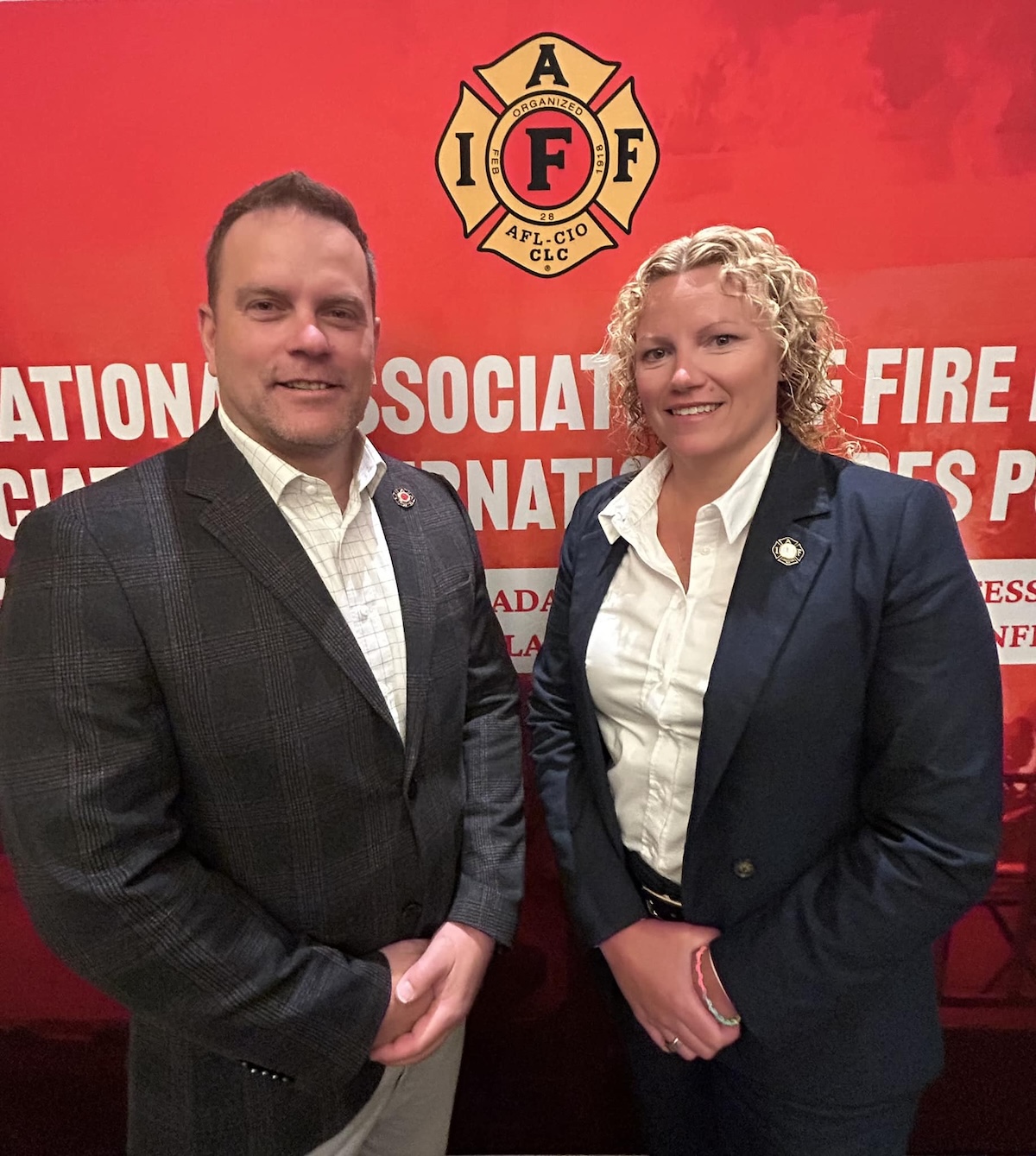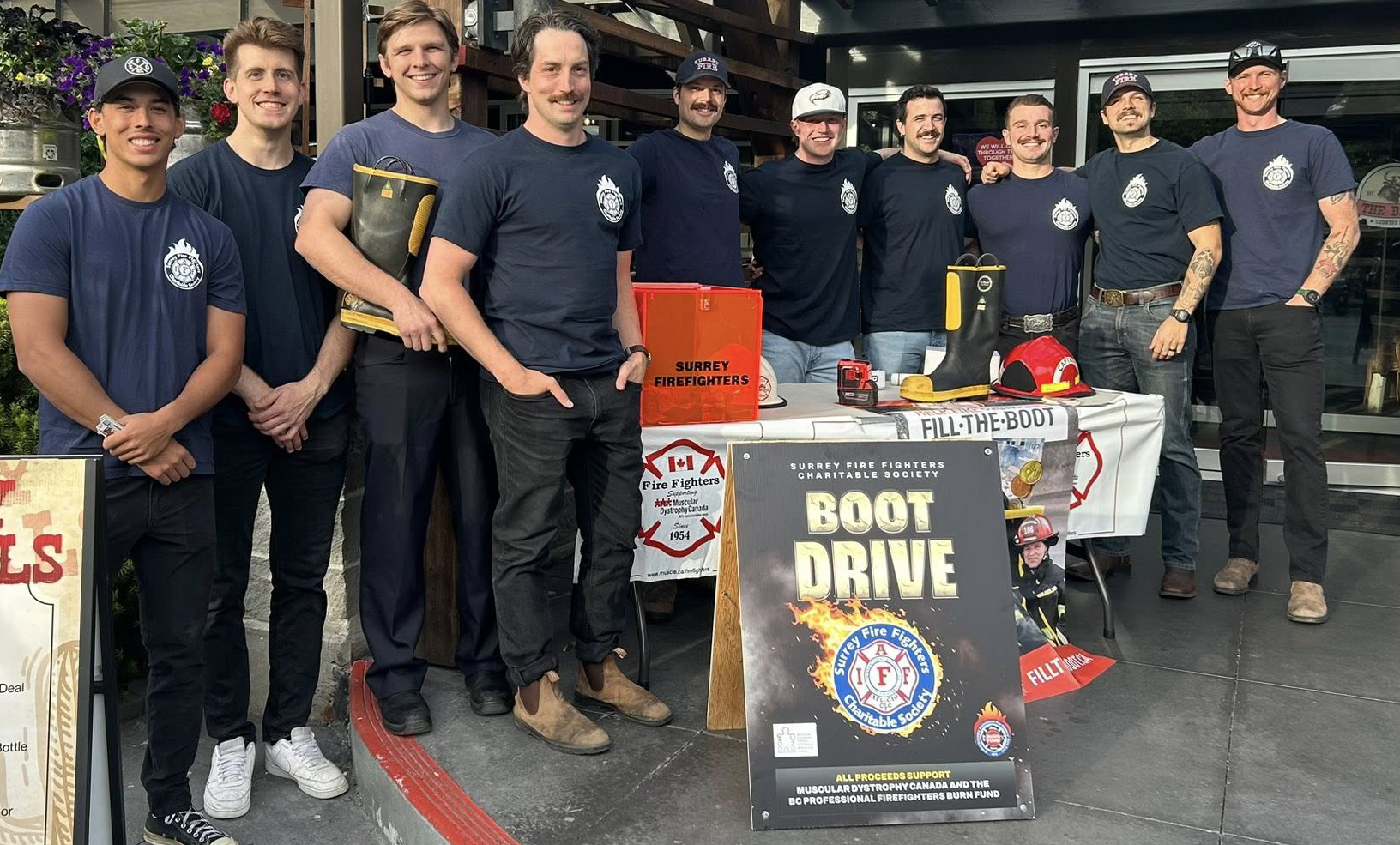The IAFF’s long history of supporting MDA has helped make a difference in the lives of people with neuromuscular diseases (NMDs) in countless ways. Because of this partnership, MDA has been able to fund millions of dollars of research for treatments, to connect thousands of patients to the care and services they need and send many happy kids to camp to learn vital life skills, confidence and independence.
The IAFF’s support has also enabled MDA to successfully advocate for newborn screening for two neuromuscular diseases: spinal muscular atrophy (SMA) and Pompe disease, which are the only two NMDs added to the list of recommended conditions for which babies born in the United States should be screened. Now, MDA and the IAFF have teamed up to encourage states to implement screening for both conditions, as only five states are actively screening newborns for both SMA and Pompe.
It’s an unprecedented time of treatment for SMA. In the last three years, two lifesaving therapies have been approved for this condition; previously, none were available. Patients with SMA type 1 typically do not live to age two. However, babies who were screened and treated with a new gene therapy just approved this year started to grow stronger. This type of advancement is why newborn screening is so important — if babies don’t have a diagnosis for their condition, they cannot be connected to the doctors who can deliver the treatment they need to survive.
Once newborn babies are screened, MDA’s network of care centers at more than 150 of the nation’s top medical institutions plays a key role in confirming an accurate diagnosis and connecting families with clinical trials or treatments that can save lives. Expert clinicians are there for patients from day one through lifelong follow-up care, managing individual progress.
Newborn screening makes early diagnosis and treatment possible, and the IAFF is working to encourage states to implement this critical screening.



